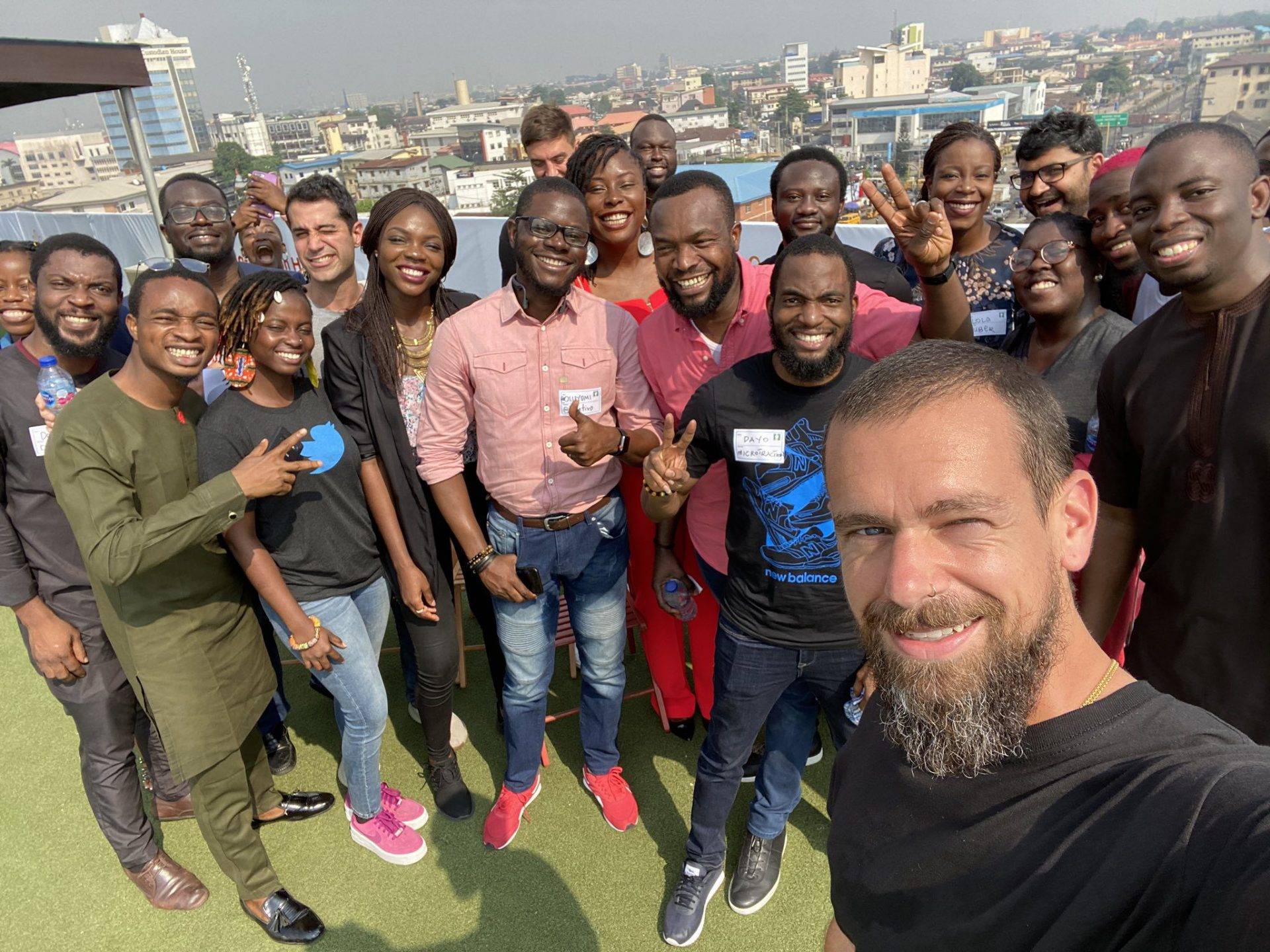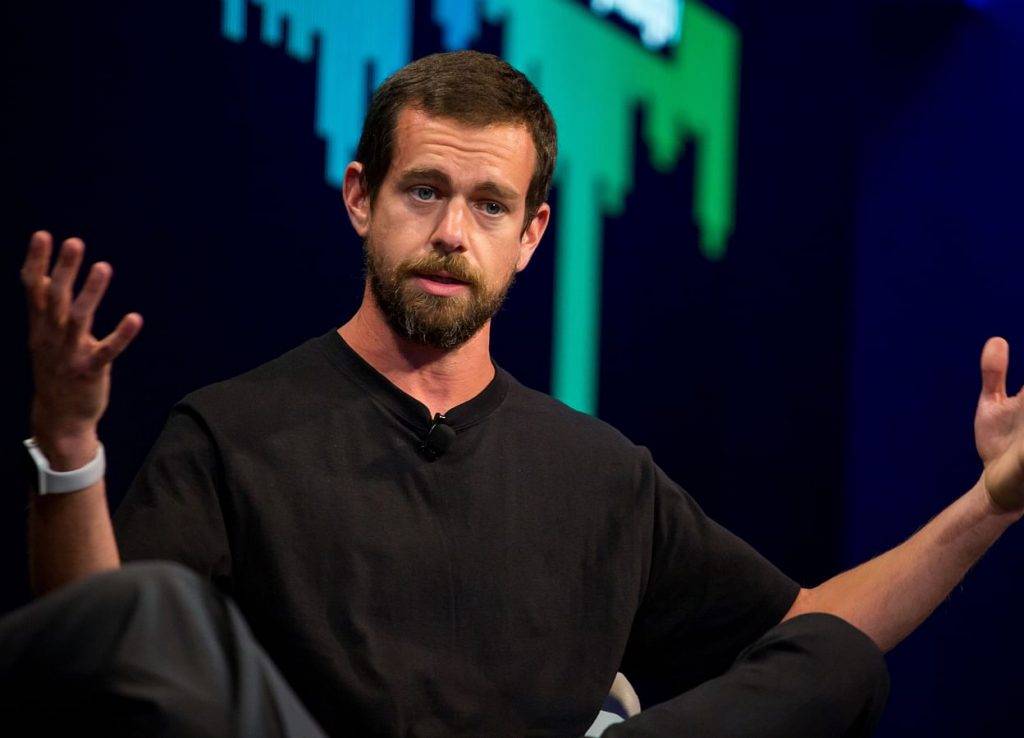Jack Dorsey’s Planned Move To Africa Might Cost Him His Job As Twitter CEO & That Trip May Still Not Happen

Jack Dorsey, the co-founder and CEO of both the undisputed No.1 information-sharing platform, Twitter, and mobile payments company, Square, toured Africa for much of November 2019.
After getting a feel for the technology ecosystem in Africa, Dorsey said his goodbyes with these words:
“Sad to be leaving the continent…for now. Africa will define the future (especially the bitcoin one!). Not sure where yet, but I’ll be living here for 3-6 months mid 2020. Grateful I was able to experience a small part.”
Sad to be leaving the continent…for now. Africa will define the future (especially the bitcoin one!). Not sure where yet, but I’ll be living here for 3-6 months mid 2020. Grateful I was able to experience a small part. ? pic.twitter.com/9VqgbhCXWd
— jack ??? (@jack) November 27, 2019
Yes, the enigmatic Silicon Valley rockstar who is also something of a cryptocurrency crusader, plans to spend up to half a year in some African country(ies) this year. But considering how things have played out these past few weeks, Dorsey’s “Africa side-project” is highly in doubt.
For starters, Twitter, on its part, has canceled all travels and events and is even encouraging its employees to work from home as part of measures aimed at containing the coronavirus (COVID-19) scourge which has already claimed over 3,000 lives and infected more than 80,000 people in 60+ countries in just two months.
This weekend, we informed our people globally that we’re suspending ALL non-critical biz travel and events.
— Jennifer (@jenchristiehr) March 1, 2020
But that’s not the only issue that makes Dorsey’s planned trip to Africa highly unlikely, or perhaps even more likely than unlikely, though at a cost.
Here’s the thing, there’s trouble in paradise and Dorsey is in danger of being ousted from the company he co-founded and has led since his second spell as CEO took off in 2015. Actually, Dorsey may yet move to Africa this year, just not as Twitter’s CEO.
But if it so happens that he manages to weather the storm that is coming and maintains his position at Twitter, it would probably because he abandoned his “Africa dream”, as well as his role at Square.
Now, here’s a quick summary of the situation:
Dorsey splits his time between two publicly-listed tech companies, Twitter and Square, some would say he’s a part-time CEO in both firms. While Twitter’s status as the world’s leading information-sharing platform is untouchable, that hasn’t quite translated into great numbers at the business end of things. Simply put, Twitter’s growth may have stalled.
Case in point, Twitter stock is down 6.2 percent since Dorsey was made permanent CEO in October 2015. By contrast, Facebook is up 121 percent, and even Dorsey’s other company, Square, is up 374 percent.
Also, Twitter has continued to fall behind in the battle for users, hampering its ability to generate sales from advertising. Twitter now has 152 million daily average users, according to its latest quarterly figures. Facebook’s user base now tops 1.6 billion.
As recently as last October, Twitter stock declined more than 20 percent after the company delivered third-quarter results that fell far short of analyst estimates. The company blamed it on “bugs”.
Besides, Twitter also seems to be lagging behind on innovation, maintaining a one-sided focus on its core service rather than developing things like stories and filters that have proven a winner for other social media competitors like Instagram and Snapchat.

Source: Bloomberg
Naturally, Dorsey is being fingered for all these failings and some powerful activist investors are plotting his removal citing Twitter’s stagnation and the fact that Dorsey is “distracted” from keeping two jobs as reasons. Plus the fact that he plans to work in Africa, and by extension, away from the action, for up to 6 months during a year when important events like the U.S. elections and Olympic Games are expected to hold.
In other words, some investors want to push Dorsey out because they want a full-time CEO for Twitter at a time when the company needs rousing and the man currently at the helm of affairs has been deemed distracted.
Last week, news headlines read that Elliott Management, the activist hedge fund run by billionaire Paul Singer, has taken a stake of nearly 5 percent in Twitter valued at about USD 1 Bn.
It is also understood that the firm is now pushing for the removal of Dorsey as CEO, and has nominated four members to Twitter’s board. The timing is key, as Twitter has three board members up for re-election: Bret Taylor, chairman of the board, Omid Kordestani, and Nigeria’s former finance minister, Ngozi Okonjo-Iweala.
Sources say Elliott believes Dorsey isn’t running the company correctly and that the board has been complacent. Elliott believes Twitter could be worth significantly more with a full-time CEO running the ship and focusing on growing its ad revenue.
A decision on Dorsey’s fate may come quickly too, as the two sides are believed to already be in talks, though Dorsey was reported to have skipped the meeting with Elliott for reasons that are yet unclear.
Unlike Facebook and Snapchat, Twitter has only one class of stock which makes it a potential target for activist investors. Having only one class of stock means that co-founder Dorsey does not have voting control of the company.
Facebook’s Mark Zuckerberg and Snapchat’s co-founders, Evan Spiegel and Bobby Murphy, all have dual-class stock and are well protected from removal even as the former (Snapchat) is actually doing much worse than Twitter, business-wise.
Fun fact: three years after Snapchat went public, the company has never been profitable, it trades below its IPO price, and disgruntled investors can’t do anything about it because Snapchat went public with non-voting stock, keeping the company in the founders’ grasp forever.
For now, we await the results of the clash between activist investor, Paul Singer’s Elliott Management and the enigmatic CEO of Twitter and Square, Jack Dorsey.
But if the bookmakers are to take past records into account, Elliott does have a long history of agitating for changes at some of the world’s largest companies and deposing CEOs.
And here’s another twist: Even if Jack Dorsey rides out the storm or maybe leaves Twitter to focus solely on Square, his planned work in Africa will probably still not happen this year as the coronavirus outbreak nears pandemic levels which makes travel a non-starter for the foreseeable future, as Dorsey’s Twitter has already declared.